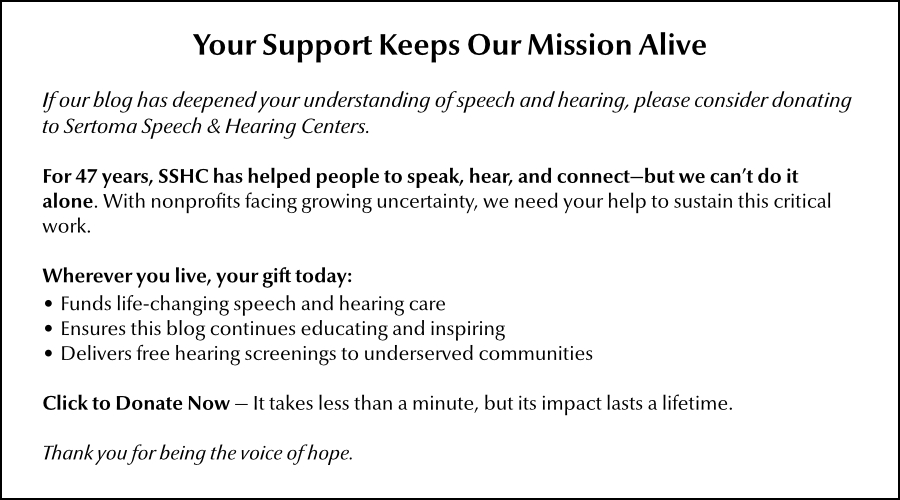A new study shows that sleep disorders and hearing loss are more connected than previously thought. Understanding their shared biological roots could help protect our hearing and sleep more effectively.
Why it matters
Sleep disorders affect one in three people worldwide. Hearing loss can disrupt communication, increase isolation, and potentially raise the risk of cognitive decline, like dementia. Treating sleep problems could help protect your hearing health.
By the numbers
- 1 in 3: People worldwide are facing sleep issues (WHO).
- Stronger sound processing: Occurs in deep (NREM) sleep vs. REM sleep.
- Bidirectional risk: Poor sleep worsens hearing; hearing loss ruins sleep.

How it works
Sleep disorders (like insomnia or sleep apnea) and hearing loss share biological mechanisms. For example—
-
Noise sensitivity: Hearing loss makes background noise disrupt sleep more easily.
-
Key biological insight: Different sleep stages influence auditory perception distinctly, with sound processing significantly stronger during non-rapid eye movement (NREM) sleep compared to rapid eye movement (REM) sleep.
-
Sleep disorders: Insomnia, periodic limb movement disorder, and sleep apnea can increase the risk of hearing loss later in life
The takeaway
Addressing sleep problems may help protect your hearing. Future treatments could target both. Next steps:
• Research the shared brain mechanisms.
• Develop dual-purpose therapies.
• Get sleep issues treated early—it might save your ears.
Today, healthy hearing starts here
Learn about the health of your hearing with a free 15-minute hearing screening by an audiologist.
★ Call 708-599-9500 to schedule your free screening.
★ For facts about hearing loss and hearing aid options, grab your copy of The Hearing Loss Guide.
★ Sign up for our newsletter for the latest on Hearing aids, dementia triggered by hearing loss, pediatric speech and hearing, speech-language therapies, Parkinson's Voice therapies, and occupational-hearing conservation. We publish our newsletter eight times a year.
Don't let untreated hearing loss spoil your enjoyment of life.


